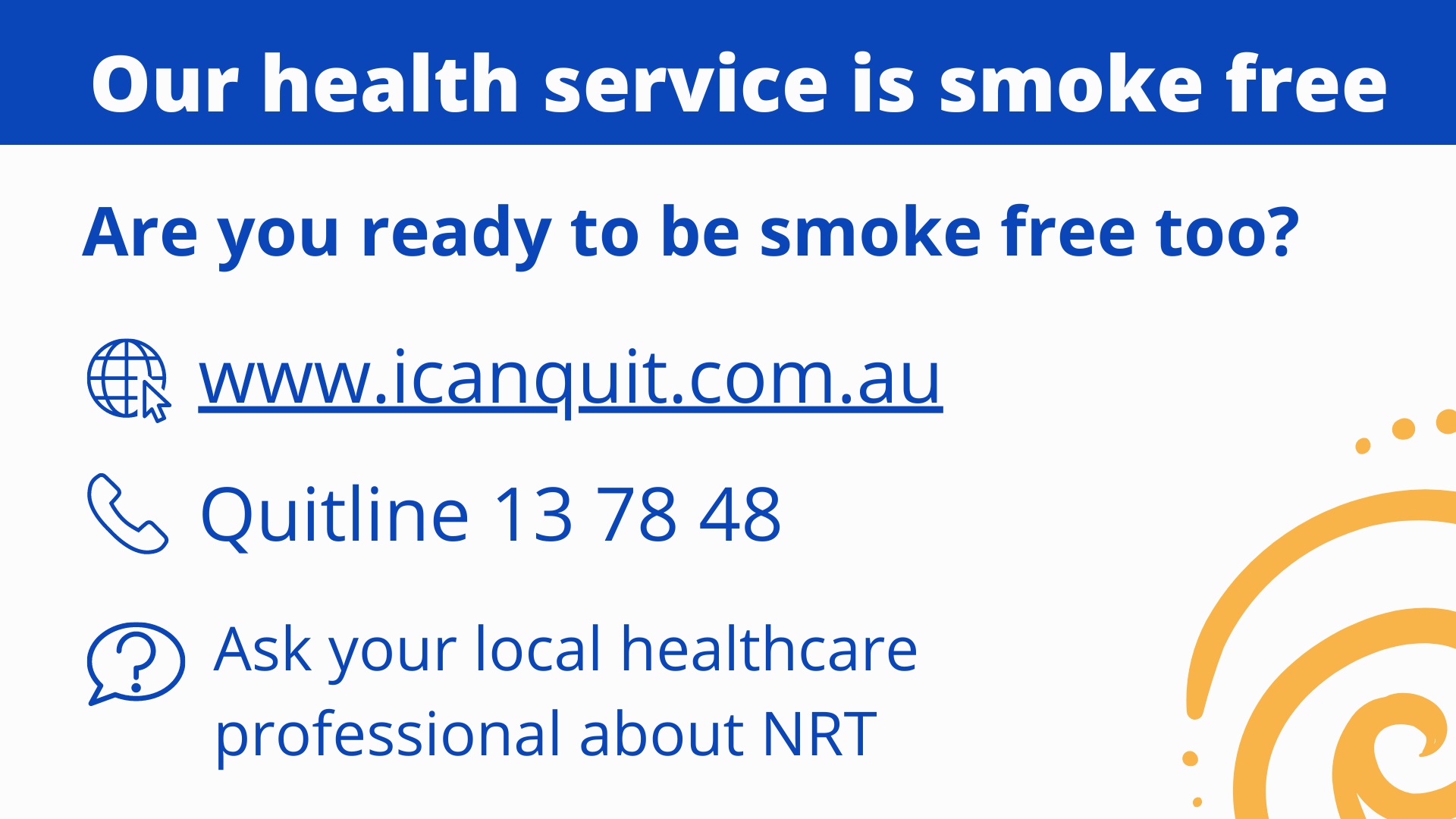
With the recent heavy rain and flooding across the region, North Coast Public Health Unit Director, Paul Corben has a timely reminder on how to reduce the risks of injury, sickness or infection.
“Floodwaters can contain many pollutants that are harmful to your health. Should you need to clean up please remember to wear safety equipment including boots, gloves and eye protection and wash your hands thoroughly,” Mr Corben said.
“You don’t know where the water has come from. If you can, avoid entering floodwater as it may be contaminated with raw sewage or chemicals from a backyard garden shed. These hazardous chemicals and germs can easily make you sick or lead to infection.”
If a ‘boil water alert’ has been issued in your area, observe it strictly to prevent illness. Water used for drinking or food preparation should be brought to a rolling boil to make it safe. Kettles with automatic shut off switches can do this.
If you rely on tank water, please be aware of the potential for contamination from polluted flood water and have your water tested and treated if necessary. If in doubt, use alternative clean water until it is confirmed safe to use.
Should your house become flooded please look out for dangers including contaminated food and medicines, unsafe electrical appliances, and damaged structures.
Also keep an eye out for animals such as snakes and spiders which may have taken refuge in your house.
“Mosquitos and other disease-transmitting biting insects can also become a problem, particularly when floodwaters start to recede and leave still pools where insects quickly breed. Avoid insect bites by using insect repellent and wearing appropriate personal protection such as long sleeves, shoes and socks,” Mr Corben said.
Click here for more advice on staying healthy during and after floods and storms.
If you need emergency assistance in a flood or storm, call the State Emergency Service (SES) on 132 500.
For a medical, police or fire emergency call Triple Zero (000).